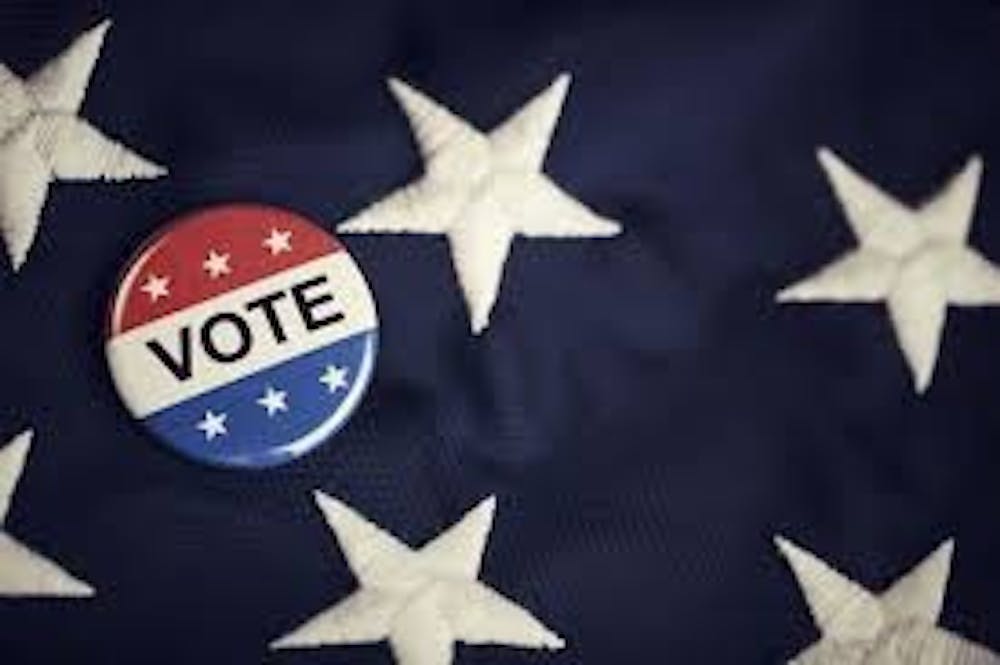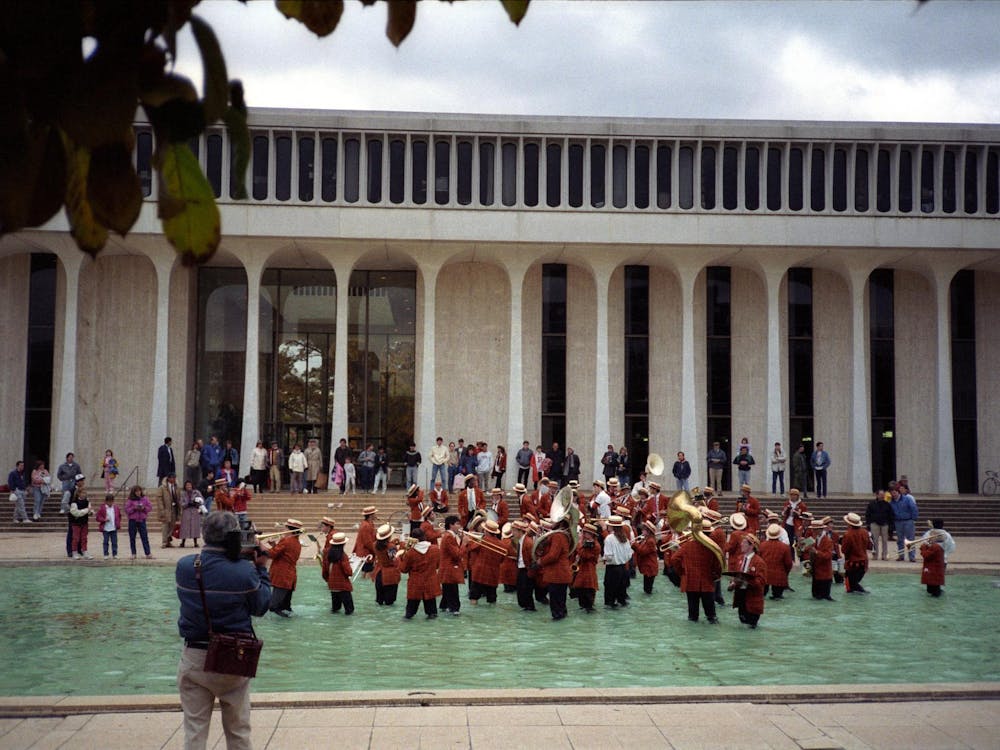Young people don’t vote. At least, they vote in much lower numbers compared to other age groups. According to a recent poll, only 28 percent of 18–29 year olds are “absolutely certain” to vote in November compared to 74 percent of those over 65.
I can understand this. I never voted while in college — I’m Princeton Class of 2005 — and overall my voting history is spotty, at best, because even into my early 30s, I could not conceptualize a rationale for voting. Deep down, I wondered if my one vote actually mattered.
So the question is: How do you convince young people that their vote matters? How do I convince you all, my fellow Princetonians, that your vote matters?
Maybe the best way to answer this question is to ask another one. How would I have convinced my younger self, especially in college, about the importance of voting?
Well, personally, I would have appreciated the truth and actual data rather than trite lectures on civic duty. So that’s what I’ll try with you.
Now, it’s true that when elections for federal office are concerned, the margin for victory is usually significant, i.e. in the thousands. But once in a while Congressional elections are very close. The closest race in recent history was in 1994, when Samuel Gejdenson beat Edward Munster in Connecticut’s second Congressional district by 21 votes.
21 votes!
Imagine a scenario in which the control of Congress hinges on 21 votes. Do you really want to not vote under those circumstances?
The more cynical among you might point out that a 21-vote margin is 21 times the number of votes that each of you have. This is certainly an argument I would have made. Well, you’re right on one level, but you’re wrong on a much more important one. Because even though a single vote might not make the difference (but do you really want to risk that with so much at stake?), a single voice could matter a lot. If you sit around complaining about how little an individual vote matters, you could encourage apathy in your friend group and beyond and could ironically end up mattering quite a bit by discouraging others from voting. Conversely, if you really wanted to matter in a positive way, you could take the opposite approach and actively convince your friends to vote.
To be sure, I understand that a lot of you may not reside in a competitive Congressional district. But you should know that Princeton is very near a competitive district where convincing others to vote could make a difference. You all are no more than an hour’s drive from volunteering in the NJ-07, a race that is a toss-up according to Cook Political Report.
Still, at first glance, 21 votes does seem like a lot of votes, and I’m not just mimicking myself as college student. How long would it take to convince 21 people to vote for a given candidate?
Recently, I drove 30 minutes from my home in the Democrat stronghold of Philadelphia and volunteered for Andy Kim, a Democrat running for Congress in the NJ-3 in a very close race. When I walked into his campaign office, I saw a sign stating that knocking on 15 doors translated to 1 vote. Over the next three hours, I knocked on 45 doors, so my canvassing roughly translated to 3 votes, or about one per hour. (A more conservative estimate is about one vote per two hours.) I can’t even vote in that district, but it’s as if I’ve now voted three times!

To get to the magic number of 21, I’d need to canvass for a total of 21 hours. That might seem like a lot, and I understand if you all have things to do on the weekend and can’t spare some or all of them between now and Nov. 6. (I certainly wouldn’t have. I studied a lot at Princeton. I also had a lot of fun.) So convince two of your friends to go with you and do a full day shift of canvassing. That’s the equivalent of 21 votes in a district you don’t even live in!
I understand that we all want to make a difference. And when we don’t think we are making one, it’s easy to disengage. But there is a way to make a difference. I’ve just showed you how. So, fellow Princetonians, go vote. And volunteer.
Daniel Miller is an ’05 astrophysics concentrator from Chevy Chase, Md. He can be reached at daniemiller@gmail.com.








